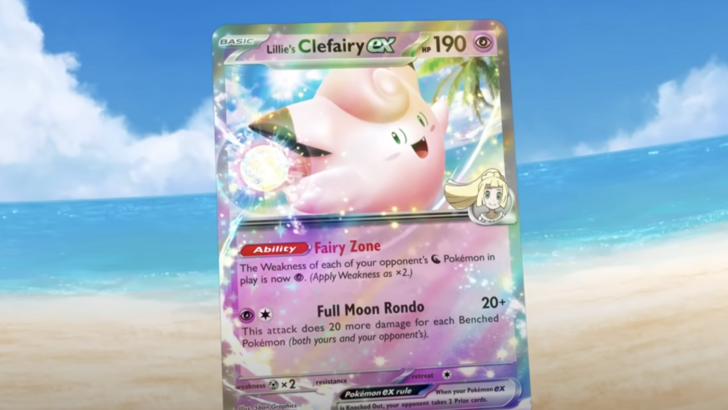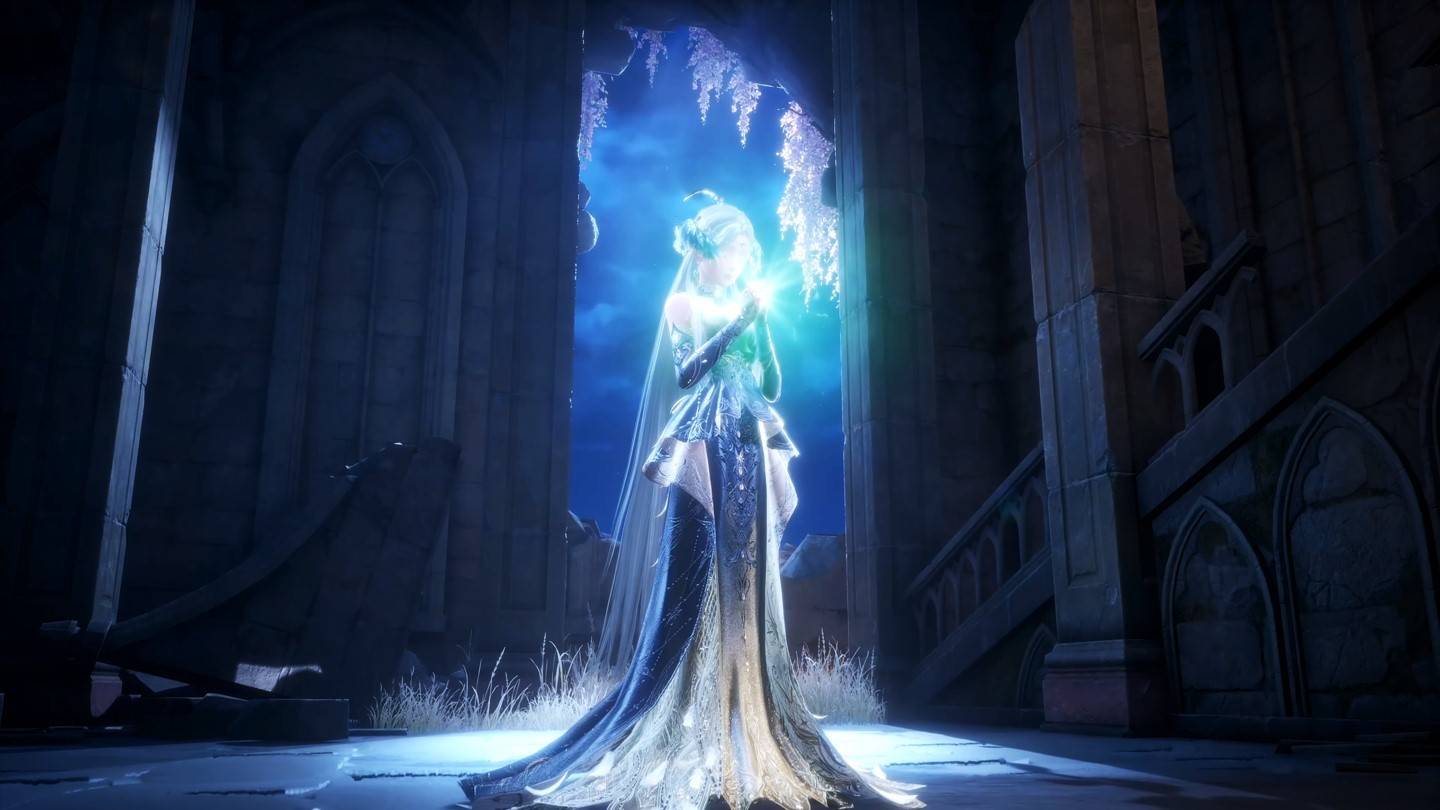The most important resource in Minecraft: All about Wood
Unlock the Secrets of Minecraft's Diverse Woods: A Comprehensive Guide
This guide explores Minecraft's twelve primary wood types, detailing their unique characteristics and optimal in-game applications. From crafting essentials to breathtaking builds, learn how to master this versatile resource.
Table of Contents
- Oak
- Birch
- Spruce
- Jungle
- Acacia
- Dark Oak
- Pale Oak
- Mangrove
- Warped
- Crimson
- Cherry
- Azalea
Oak
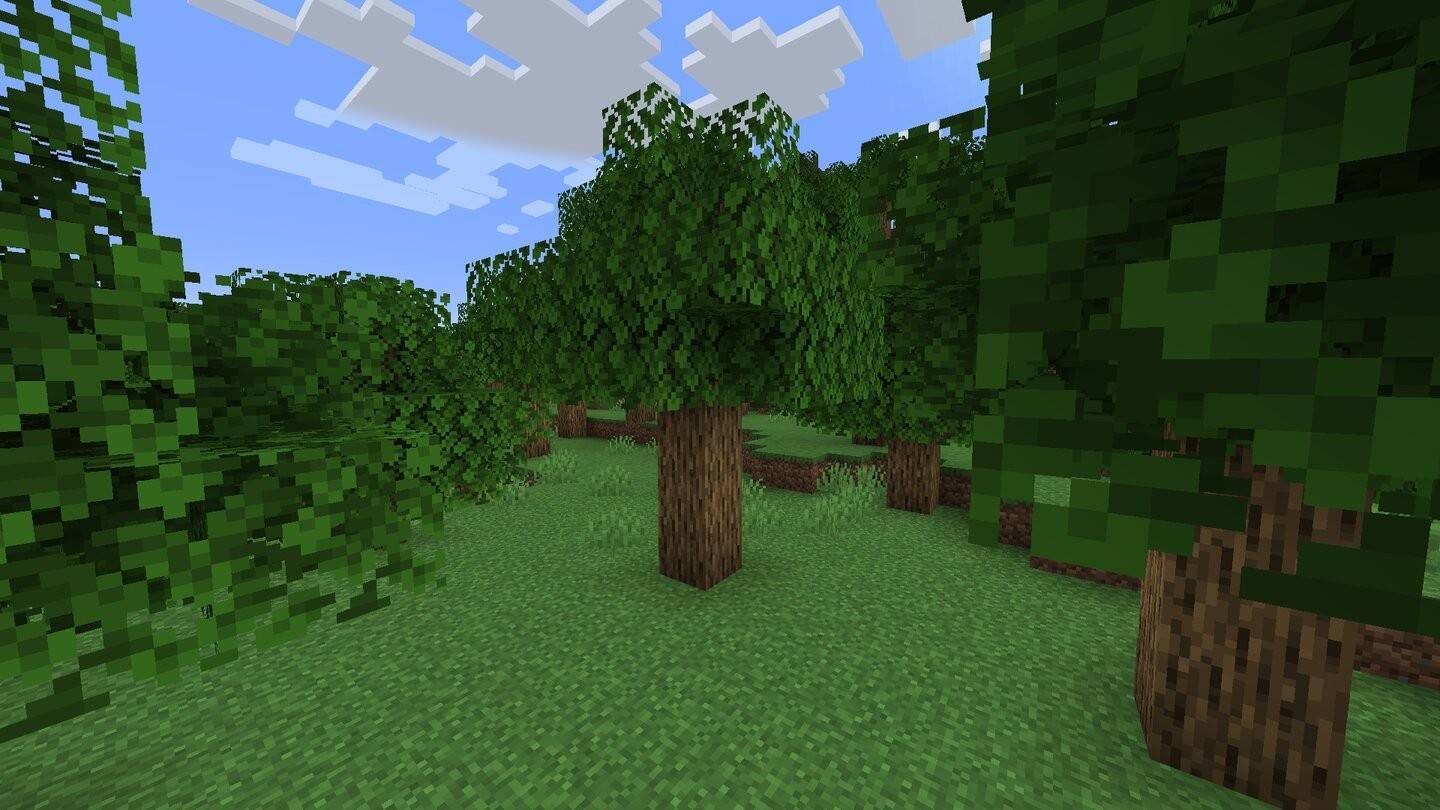 Image: ensigame.com
Image: ensigame.com
The ubiquitous oak, found in most biomes (excluding deserts and icy tundras), provides versatile wood for planks, sticks, fences, and ladders. Oak trees yield apples, a valuable early-game food source and golden apple ingredient. Its neutral tone suits diverse builds, from rustic homes to towering cityscapes.
Birch
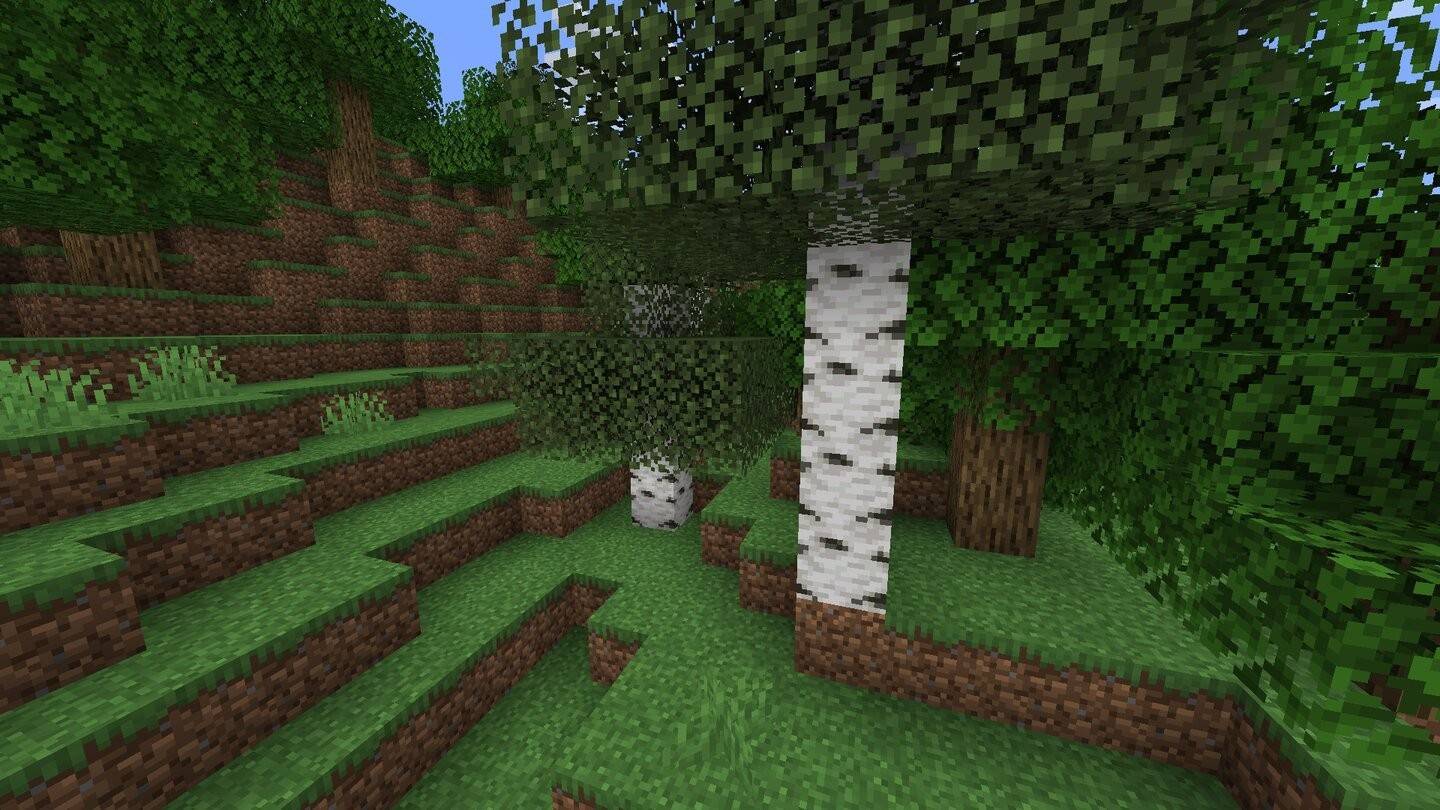 Image: ensigame.com
Image: ensigame.com
Birch's light, patterned wood lends elegance to various structures. Found in birch forests and mixed biomes, it's a favorite for modern or minimalist designs. Its texture complements stone and glass, creating bright, airy interiors.
Spruce
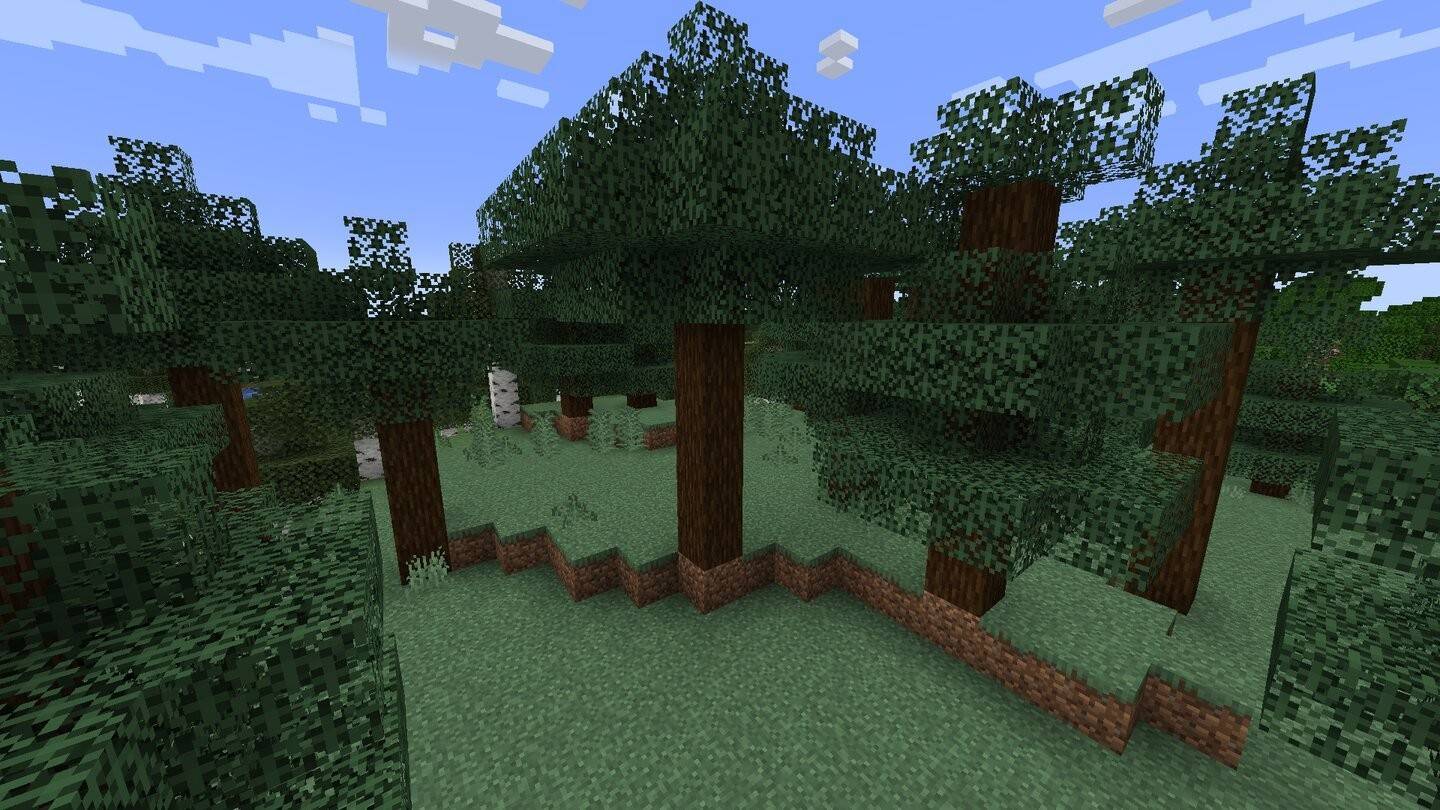 Image: ensigame.com
Image: ensigame.com
Dark spruce wood evokes a gothic aesthetic. These tall trees, found in taiga and snowy biomes, present a slightly more challenging harvest. Spruce's robust texture is perfect for medieval castles, bridges, and country houses.
Jungle
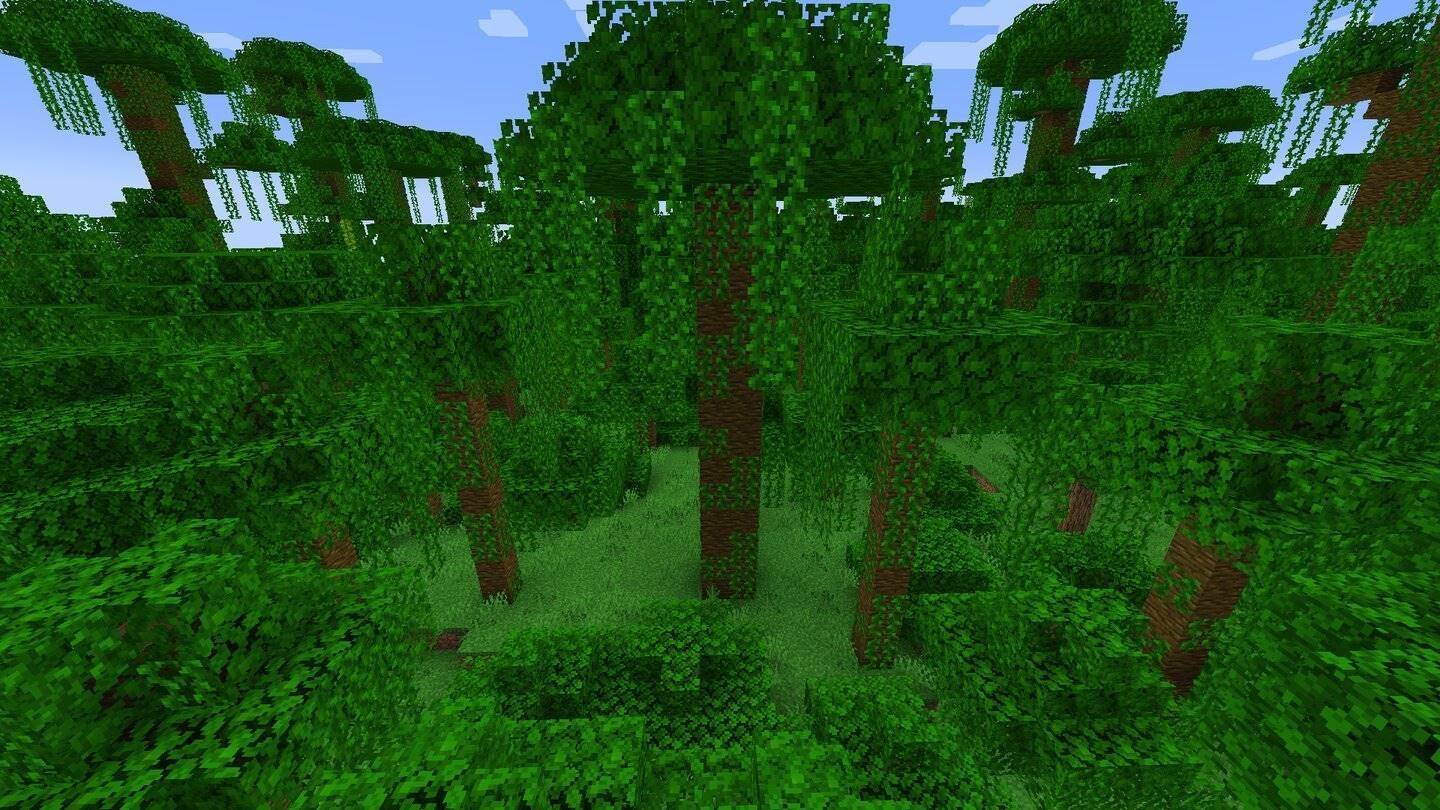 Image: ensigame.com
Image: ensigame.com
Jungle's towering trees, exclusive to jungle biomes, offer bright wood primarily used for decoration. Cocoa beans grow on these trees, making them essential for cocoa farms. Their exotic appearance suits adventure-themed or pirate builds.
Acacia
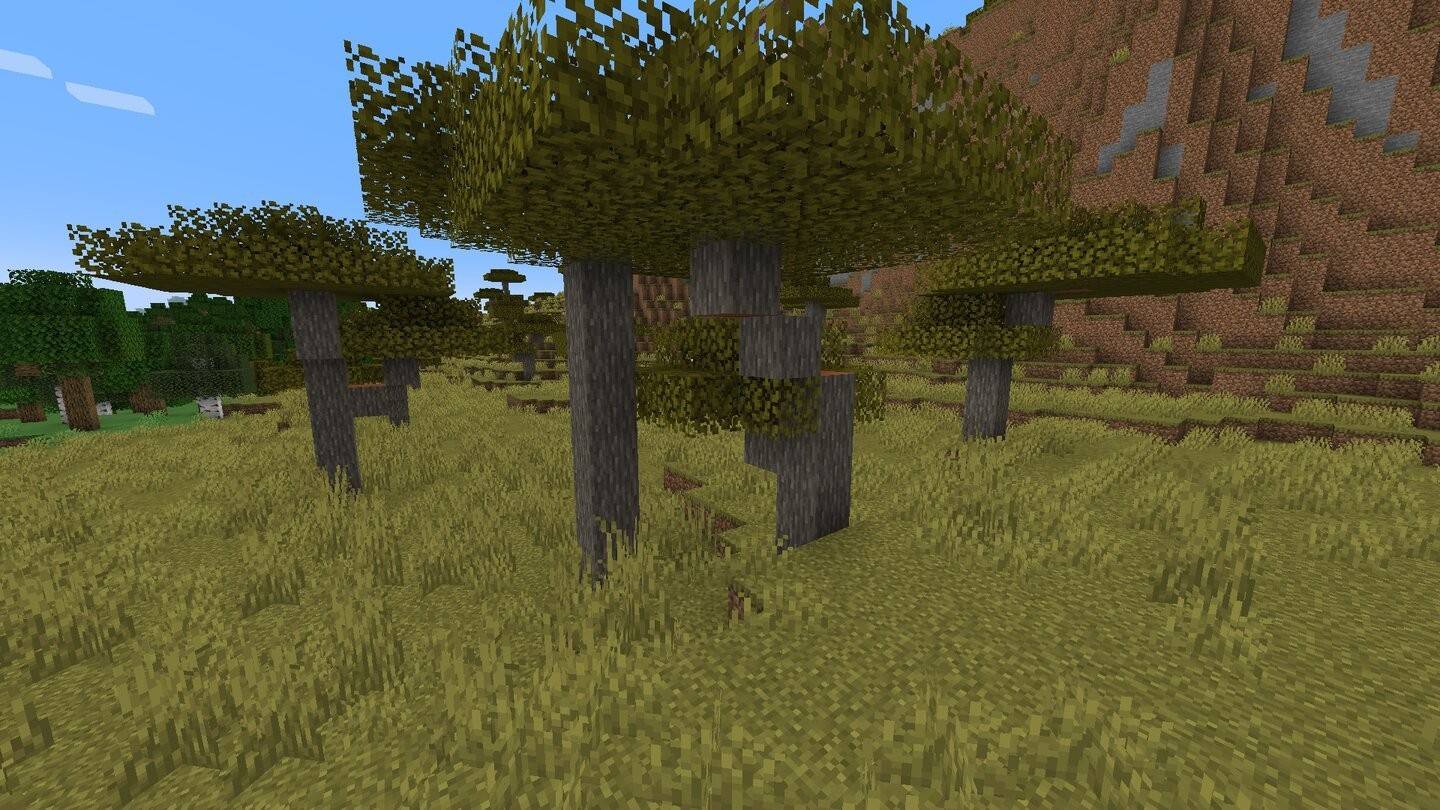 Image: ensigame.com
Image: ensigame.com
Acacia's reddish hue complements desert biomes. Its uniquely shaped trees, found in savannas, are ideal for ethnic villages, desert bridges, or African-inspired structures.
Dark Oak
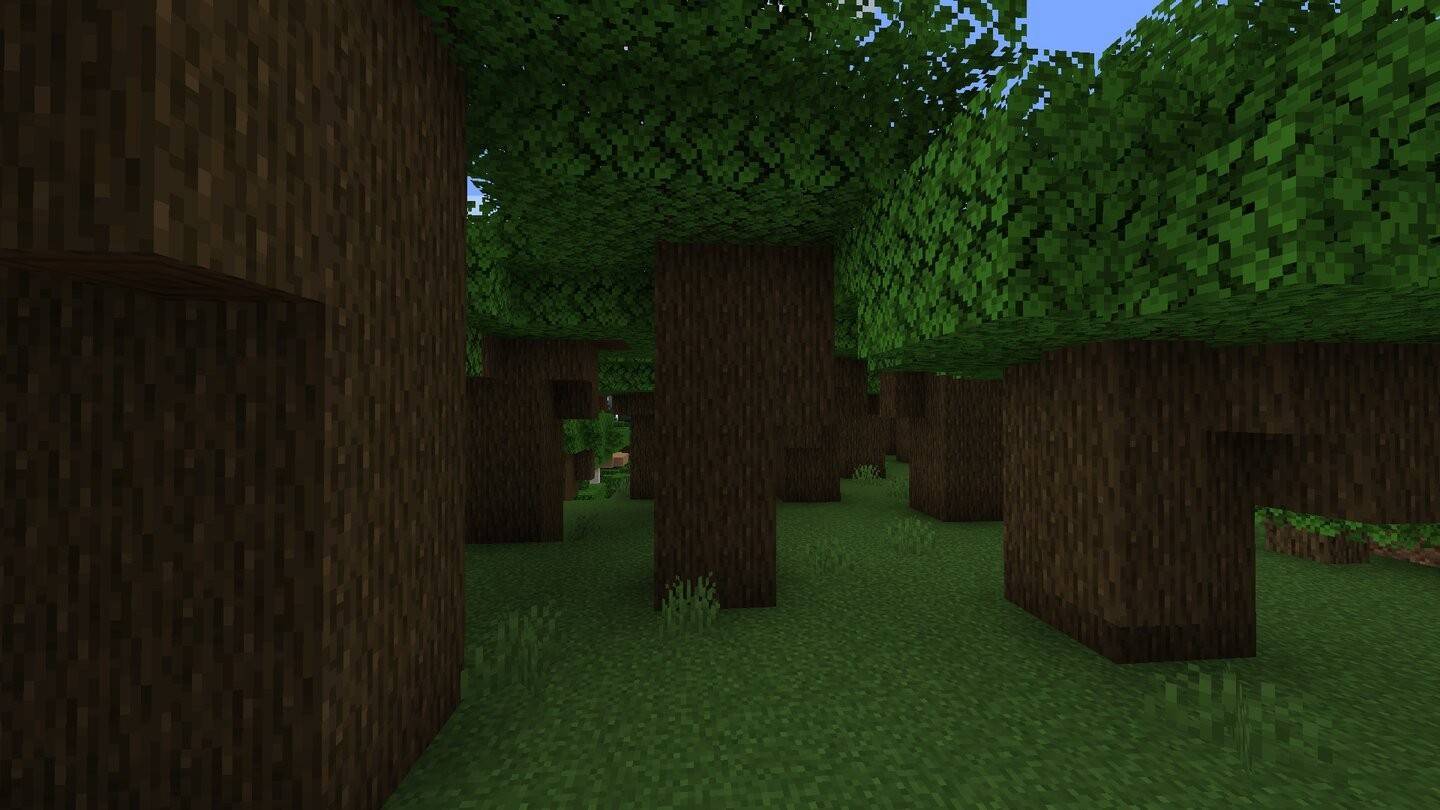 Image: ensigame.com
Image: ensigame.com
This dark, chocolate-brown wood is a popular choice for castles and medieval constructions. Found only in Roofed Forests, it requires four saplings to plant. Its rich texture is perfect for luxurious interiors and grand doors.
Pale Oak
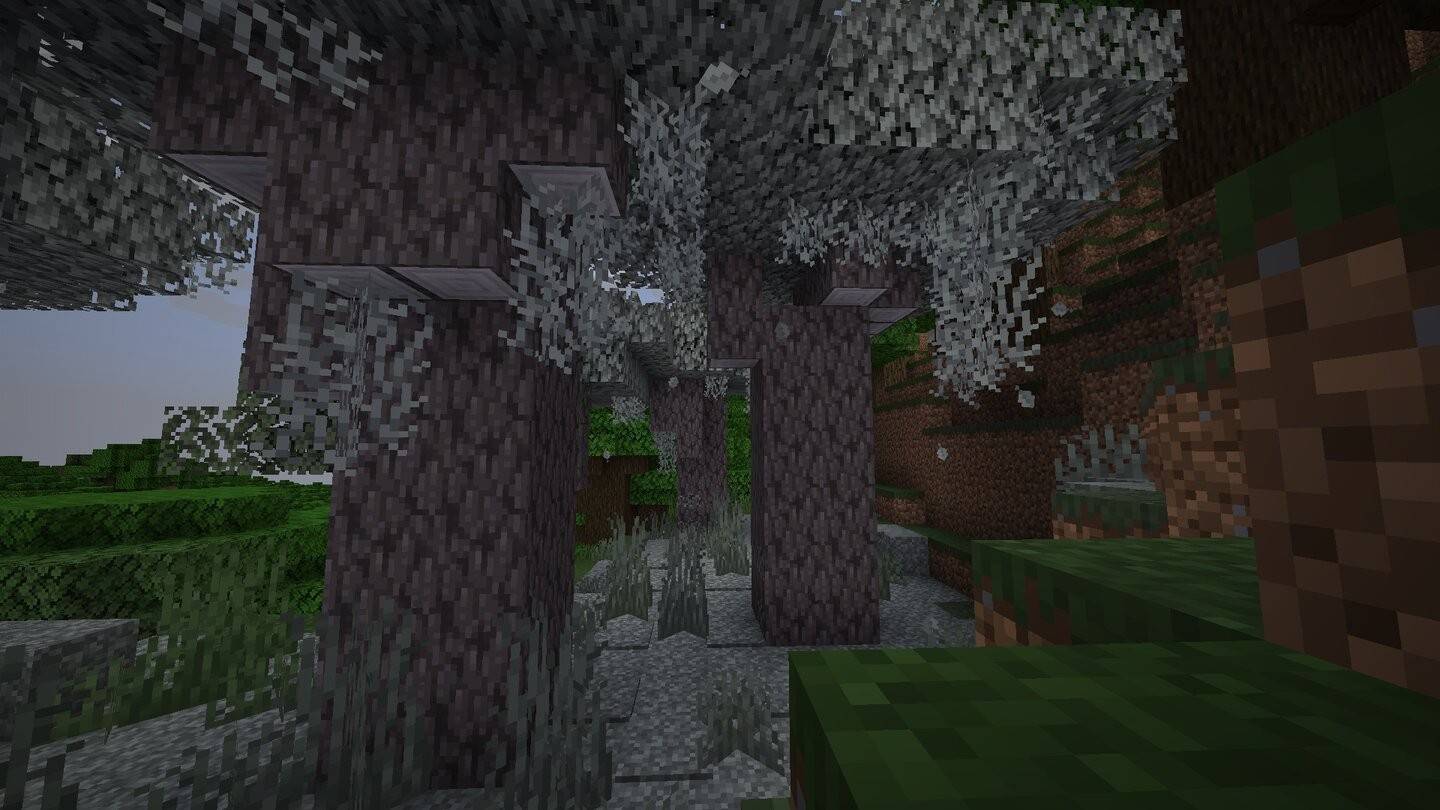 Image: ensigame.com
Image: ensigame.com
A rare find in Pale Garden biomes, pale oak shares dark oak's texture but boasts a gray tone. Covered in pale moss and containing "skripcevina" (summoning aggressive "skripuns" at night), it contrasts beautifully with dark oak.
Mangrove
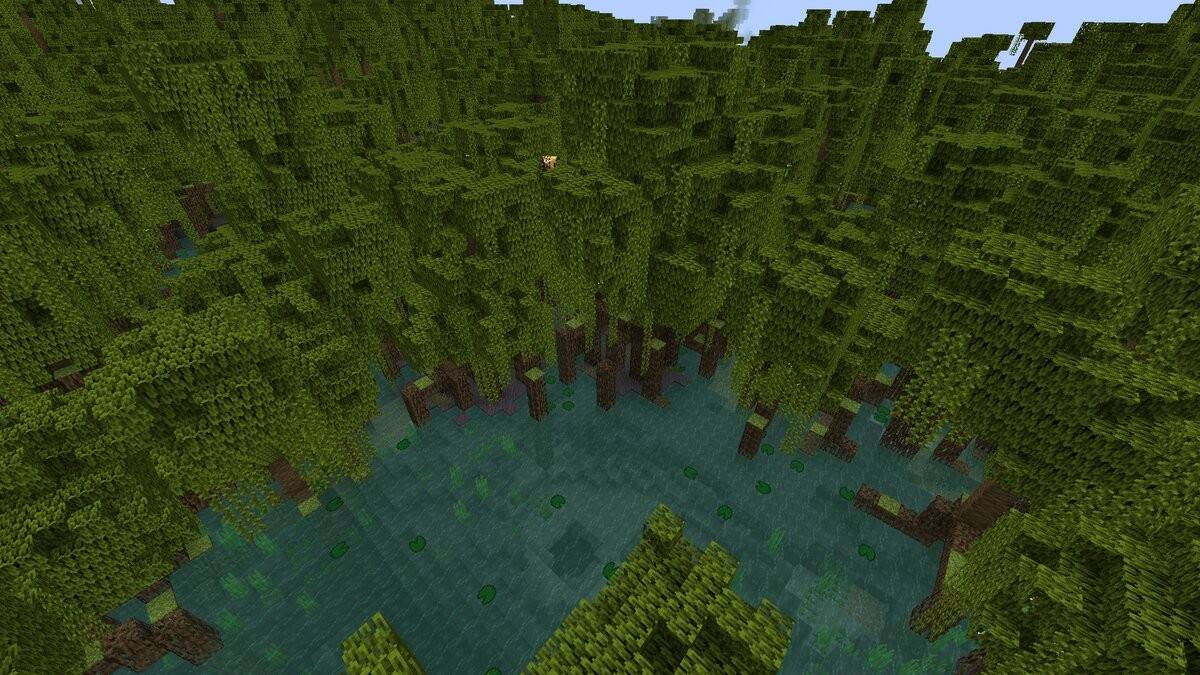 Image: youtube.com
Image: youtube.com
A recent addition, mangrove wood, found in mangrove swamps, has a reddish-brown hue. Its roots serve as decorative elements. Mangrove wood is perfect for piers, bridges, and swamp-themed structures.
Warped
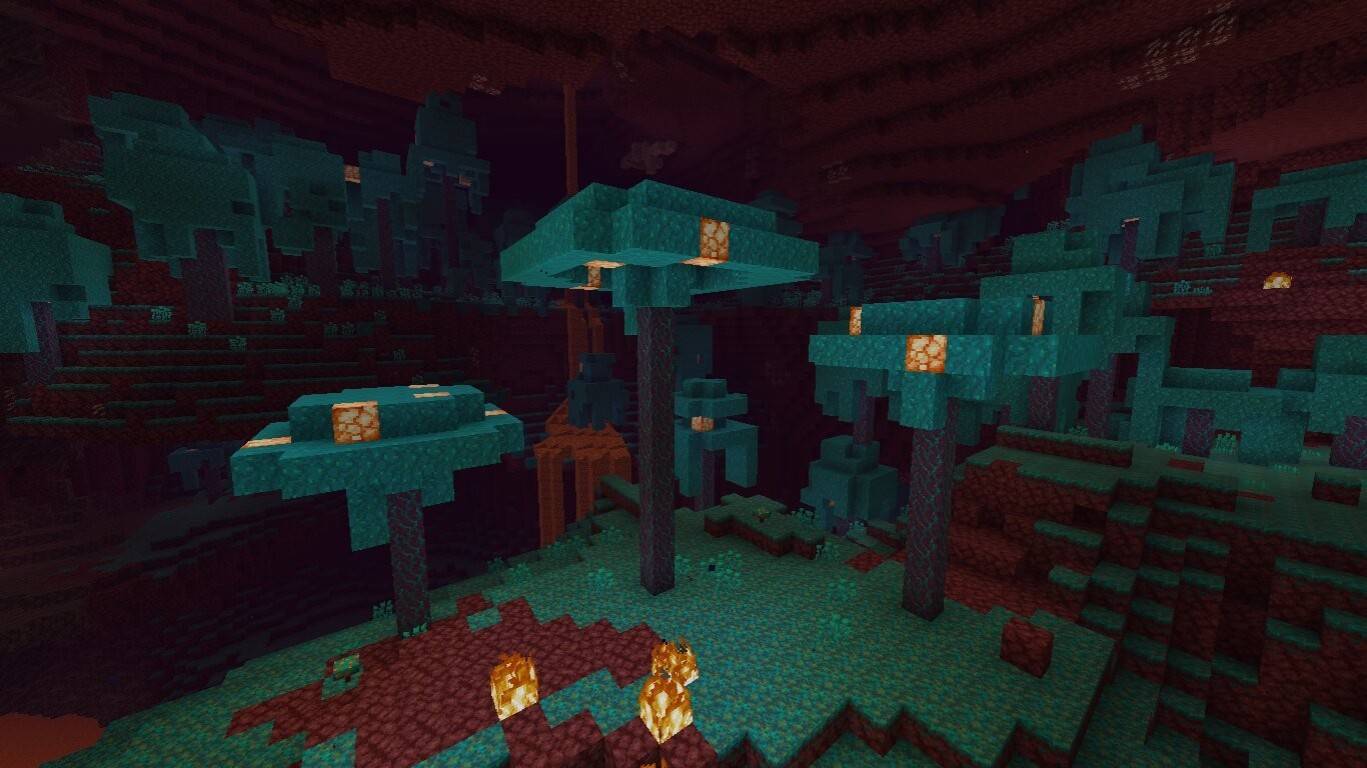 Image: feedback.minecraft.net
Image: feedback.minecraft.net
One of the Nether's two wood types, warped wood's turquoise color lends itself to fantasy builds. Its bright texture is ideal for magic towers, portals, and decorative gardens. Nether wood is non-flammable.
Crimson
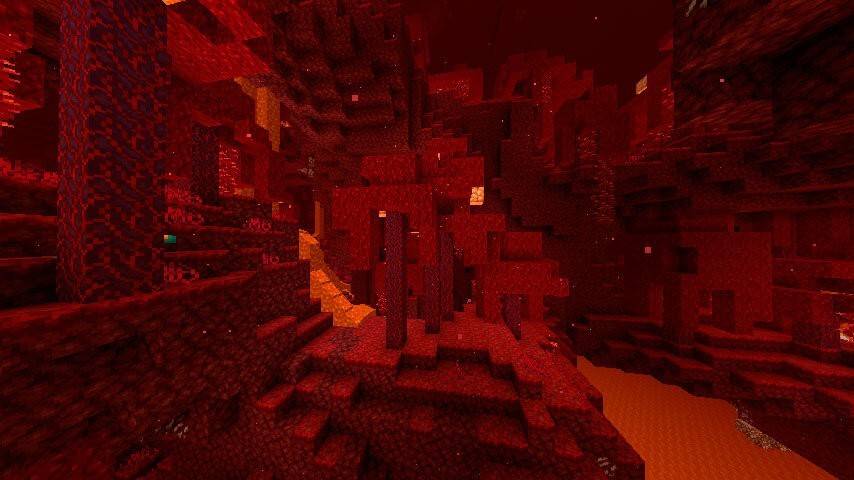 Image: pixelmon.site
Image: pixelmon.site
The Nether's other wood type, crimson wood's red-purple hue is perfect for dark or demonic themes. Non-flammable and ideal for hazardous environments, it's popular for Nether-inspired interiors.
Cherry
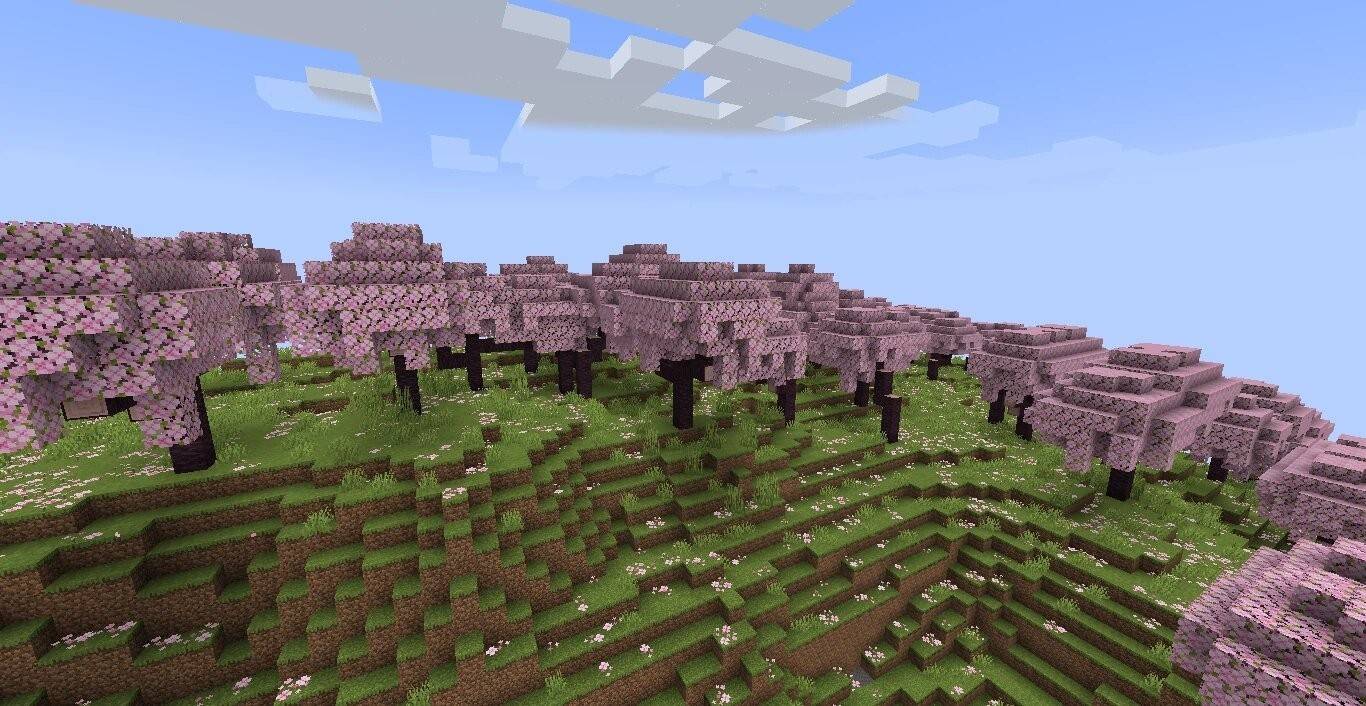 Image: minecraft.fandom.com
Image: minecraft.fandom.com
Found only in cherry groves, cherry trees produce falling petal particles. Its bright pink wood is used for interior decoration and unique furniture.
Azalea
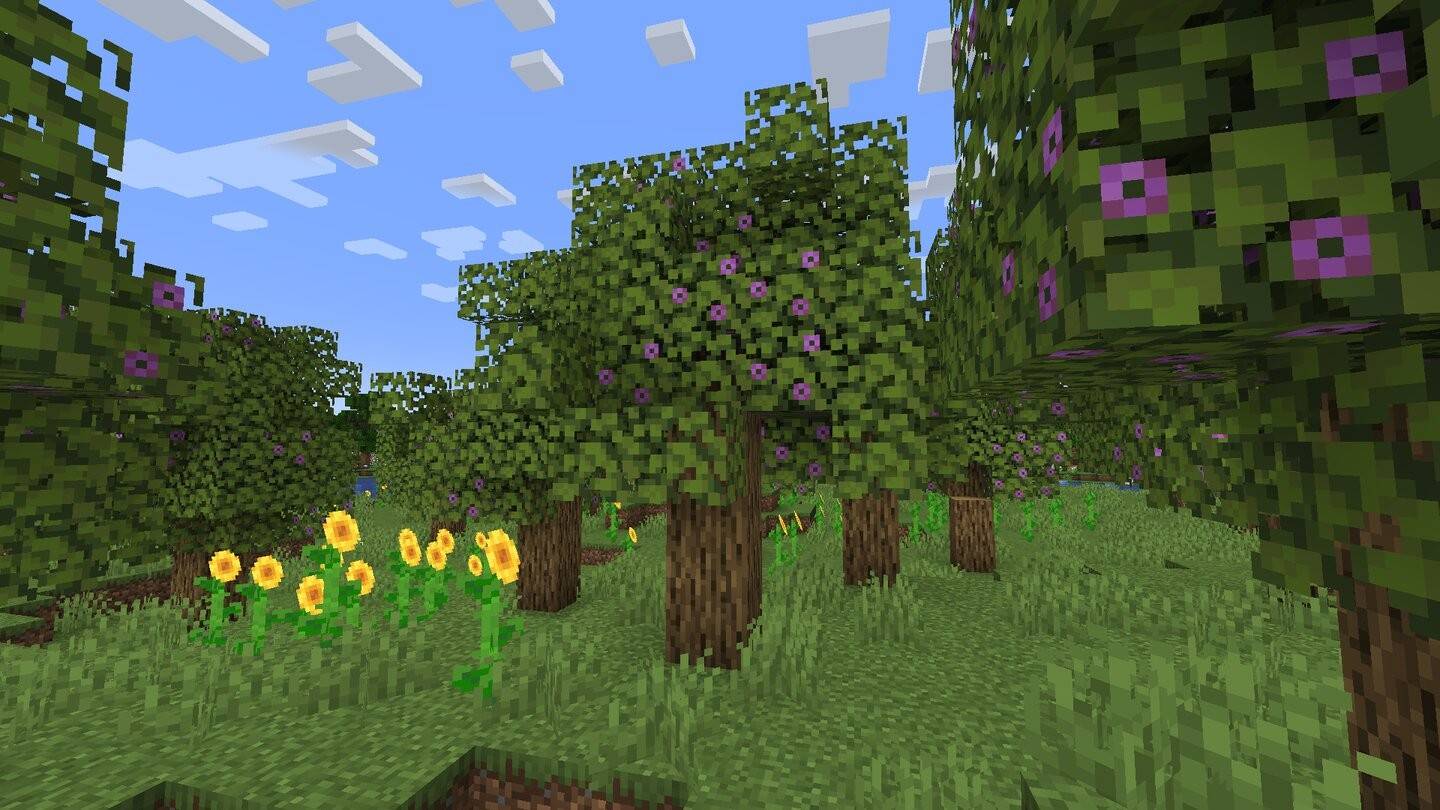 Image: ensigame.com
Image: ensigame.com
Similar to oak, azalea trees grow above lush caves, aiding in mine discovery. It features a root system. While the wood is standard oak, its unique flowers add visual interest.
Beyond crafting, wood's diverse textures and colors unlock limitless creative potential. Explore the possibilities, and build your Minecraft masterpiece!
Latest Articles















